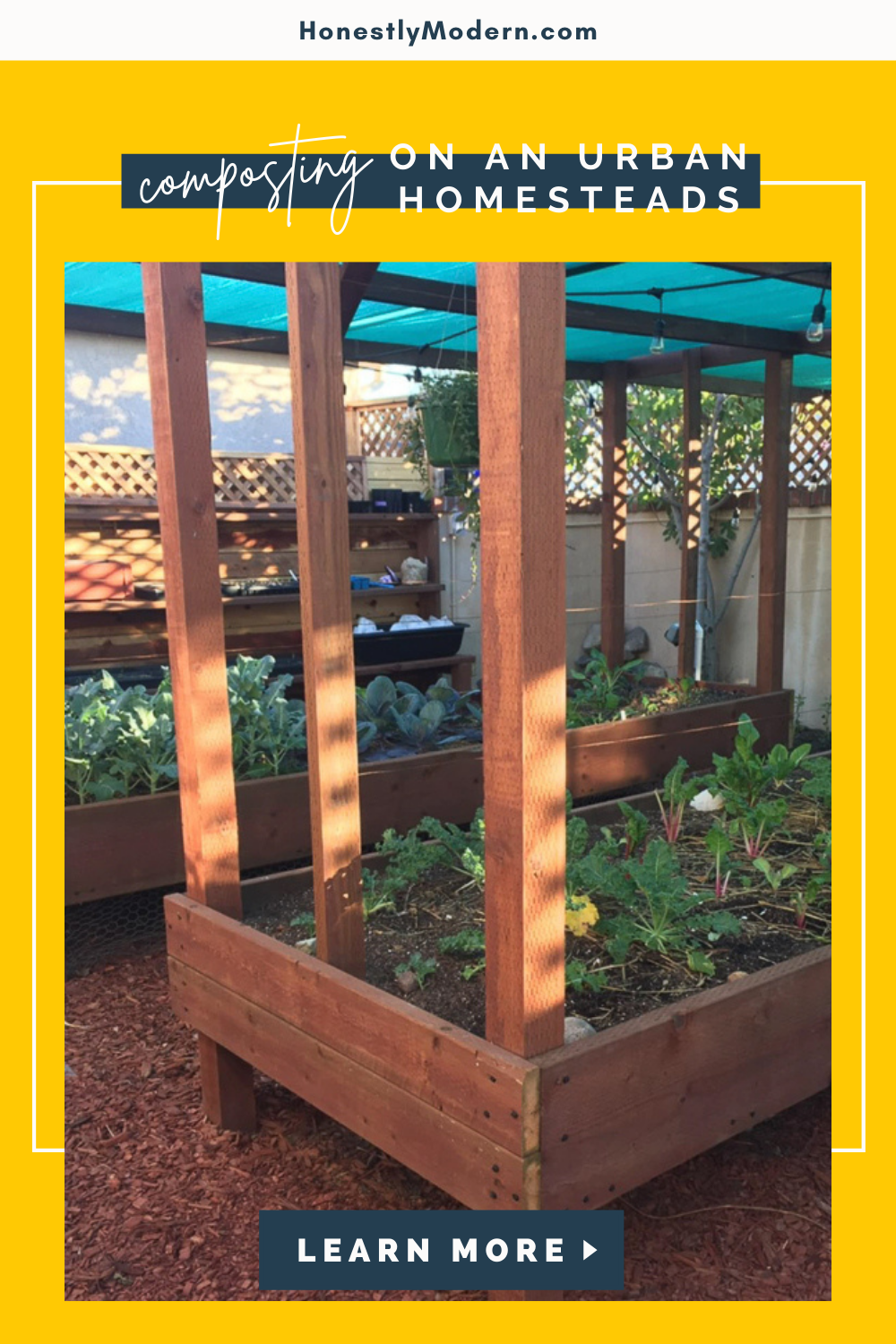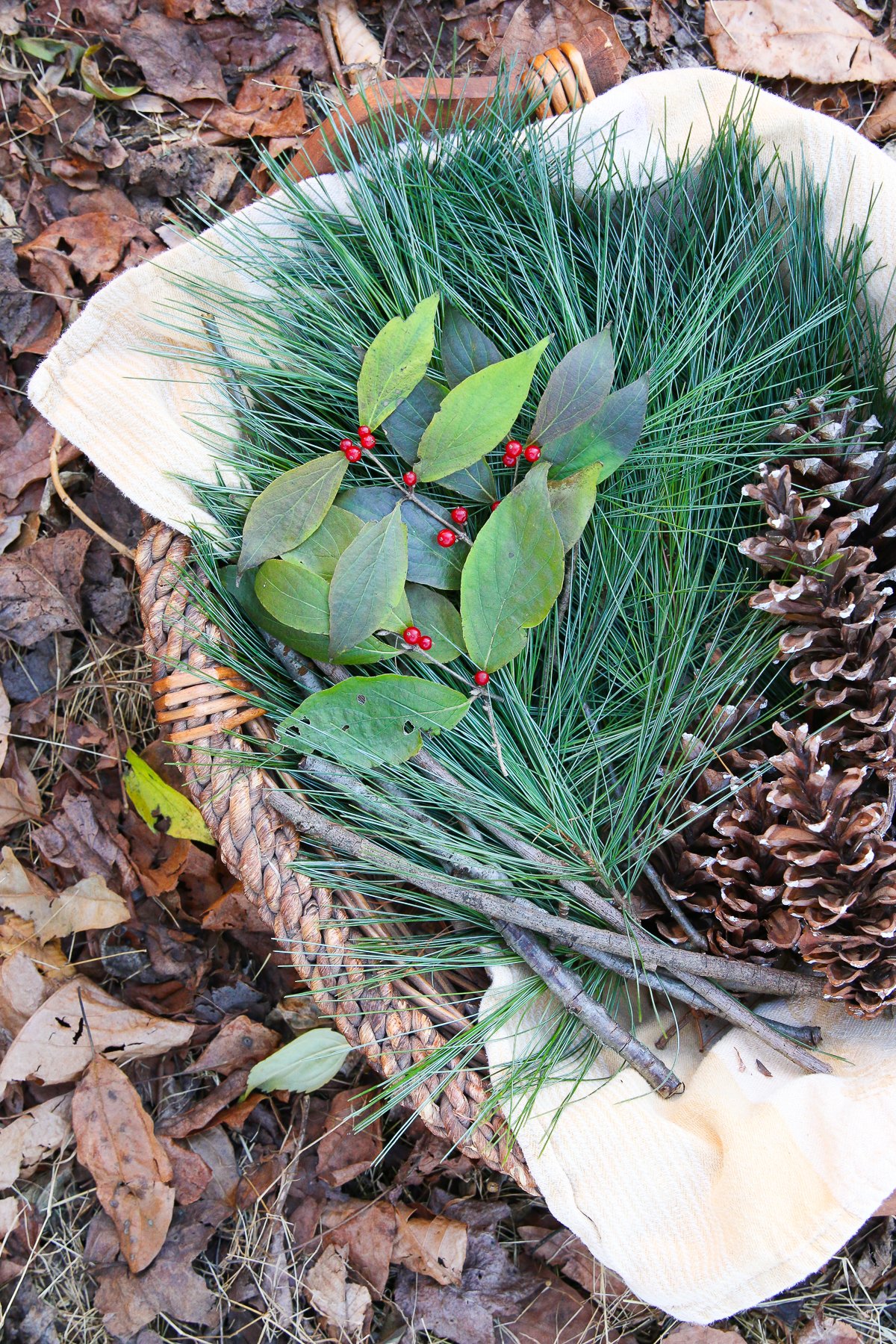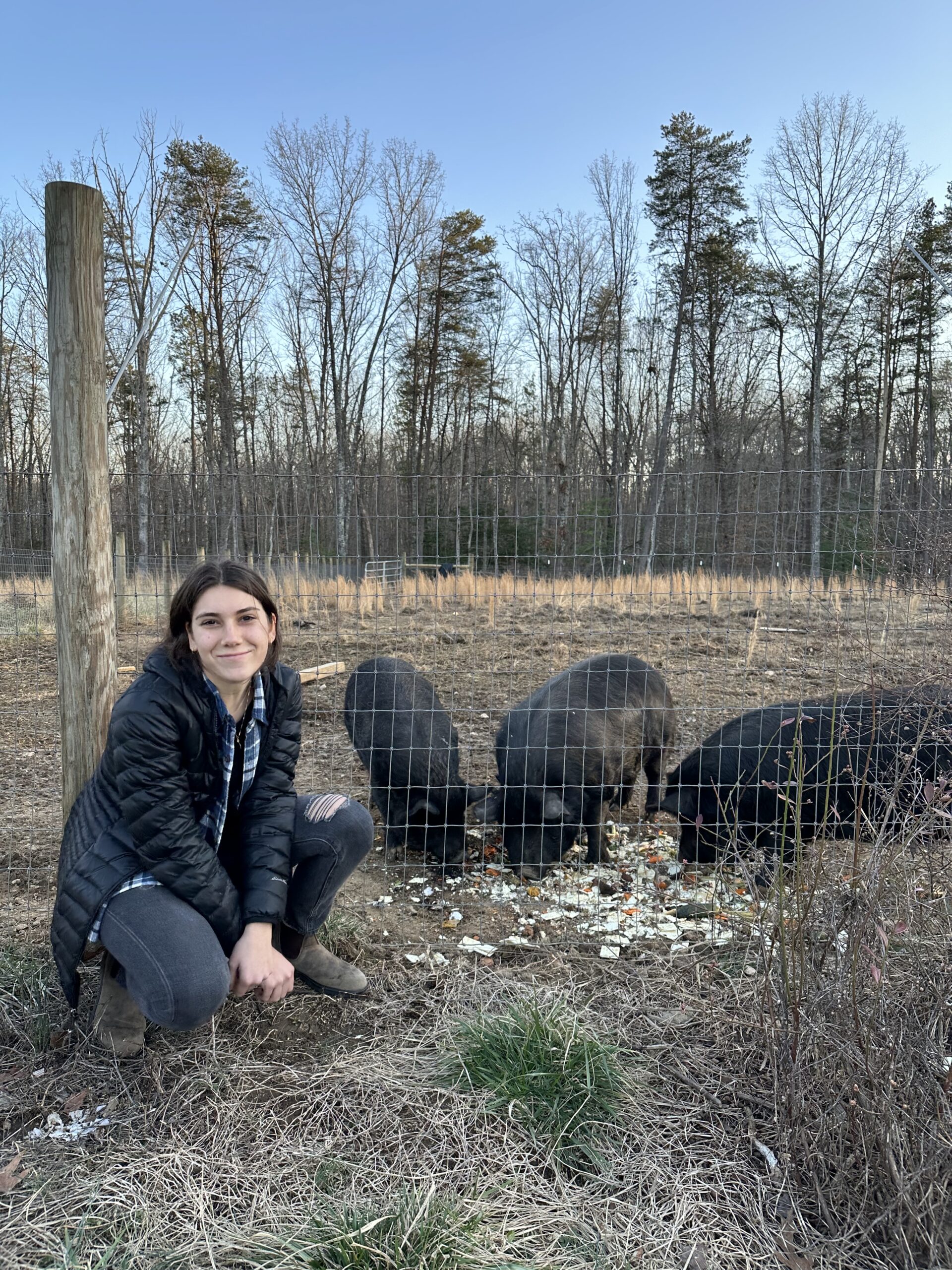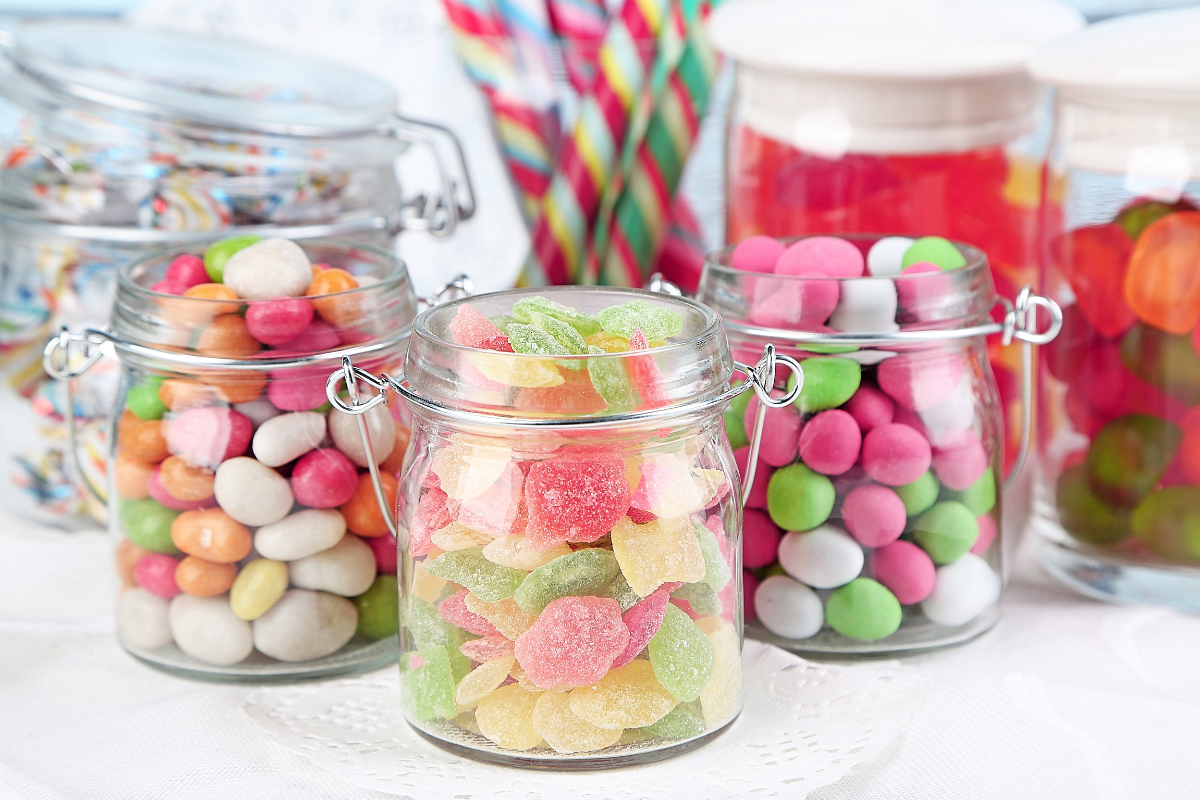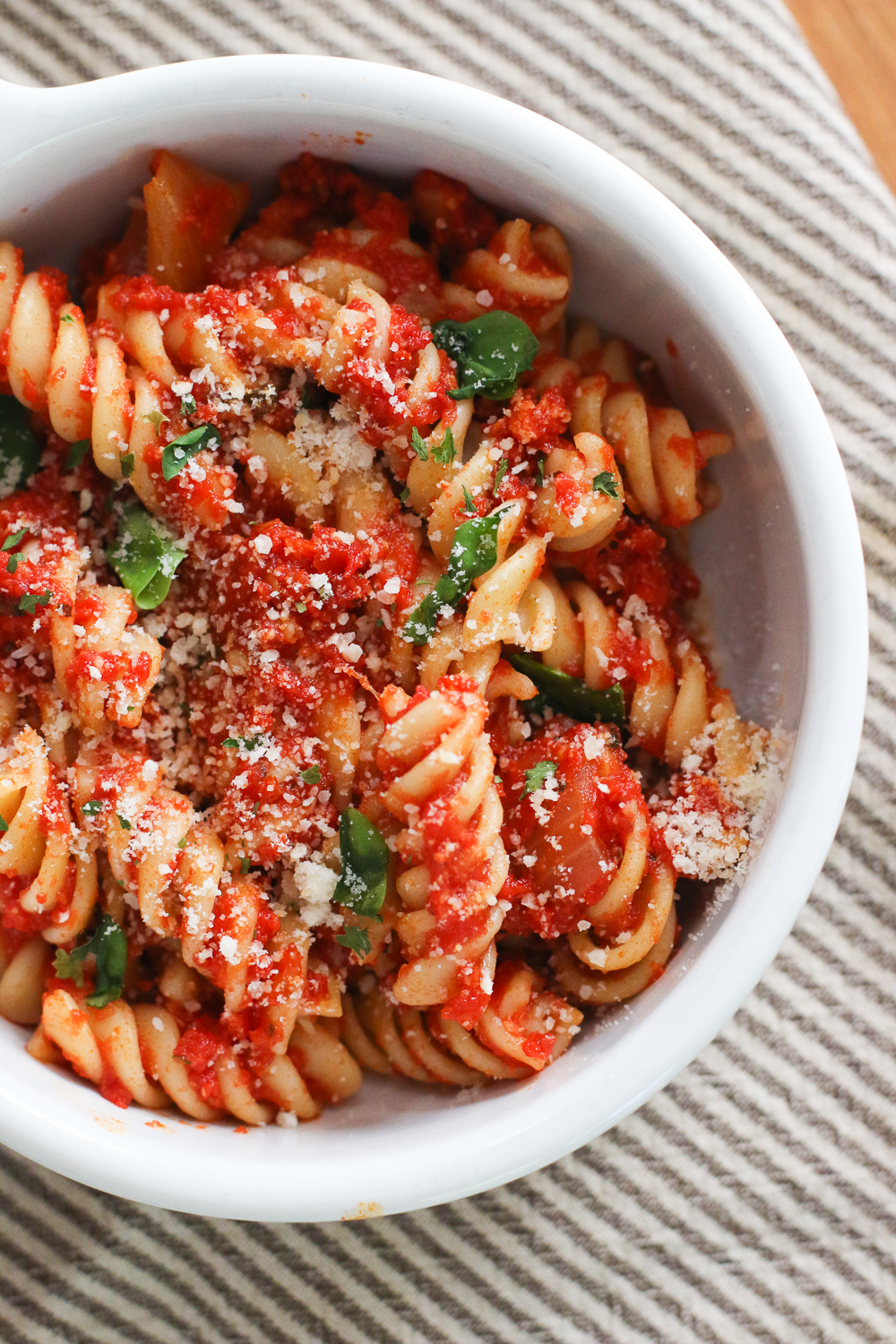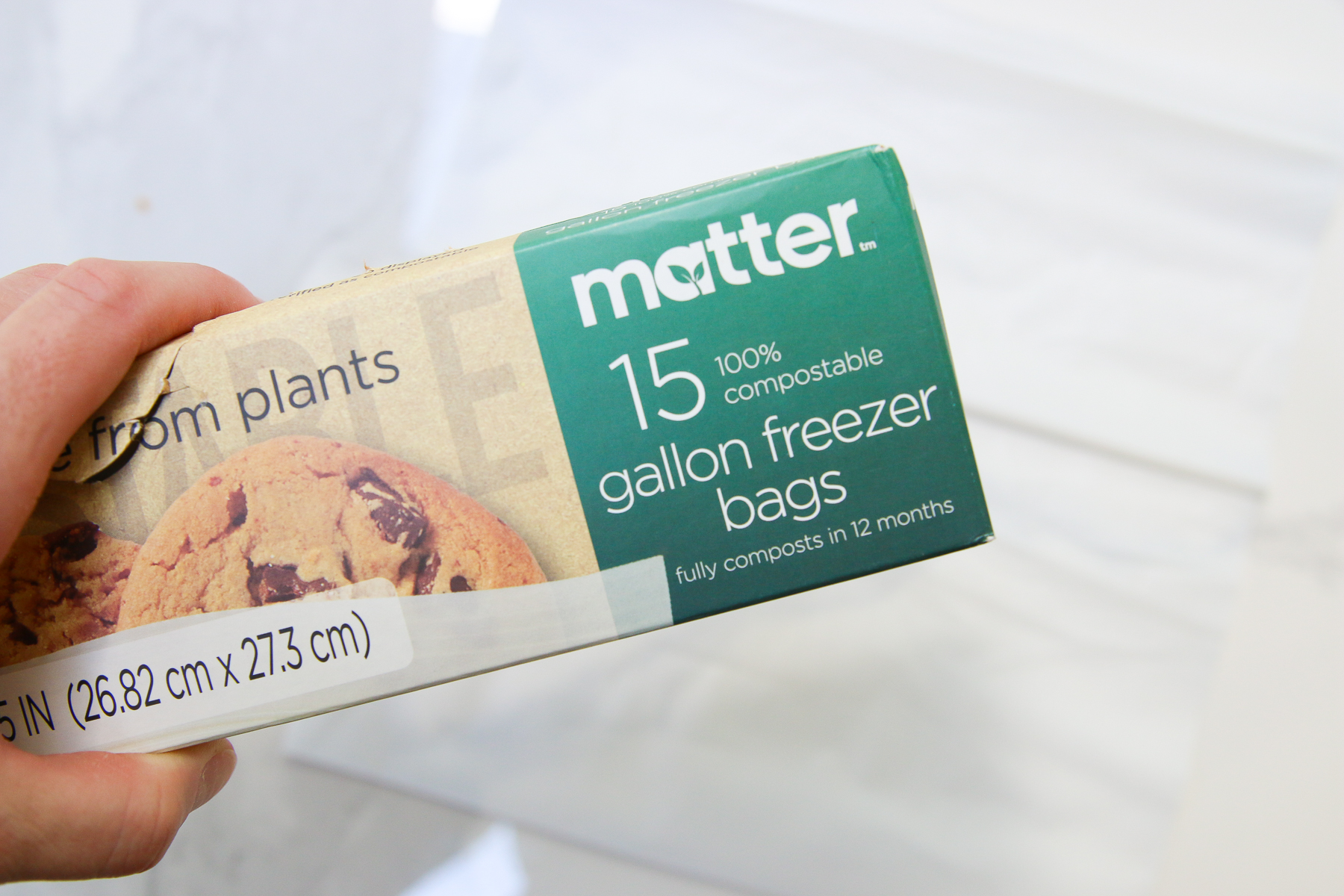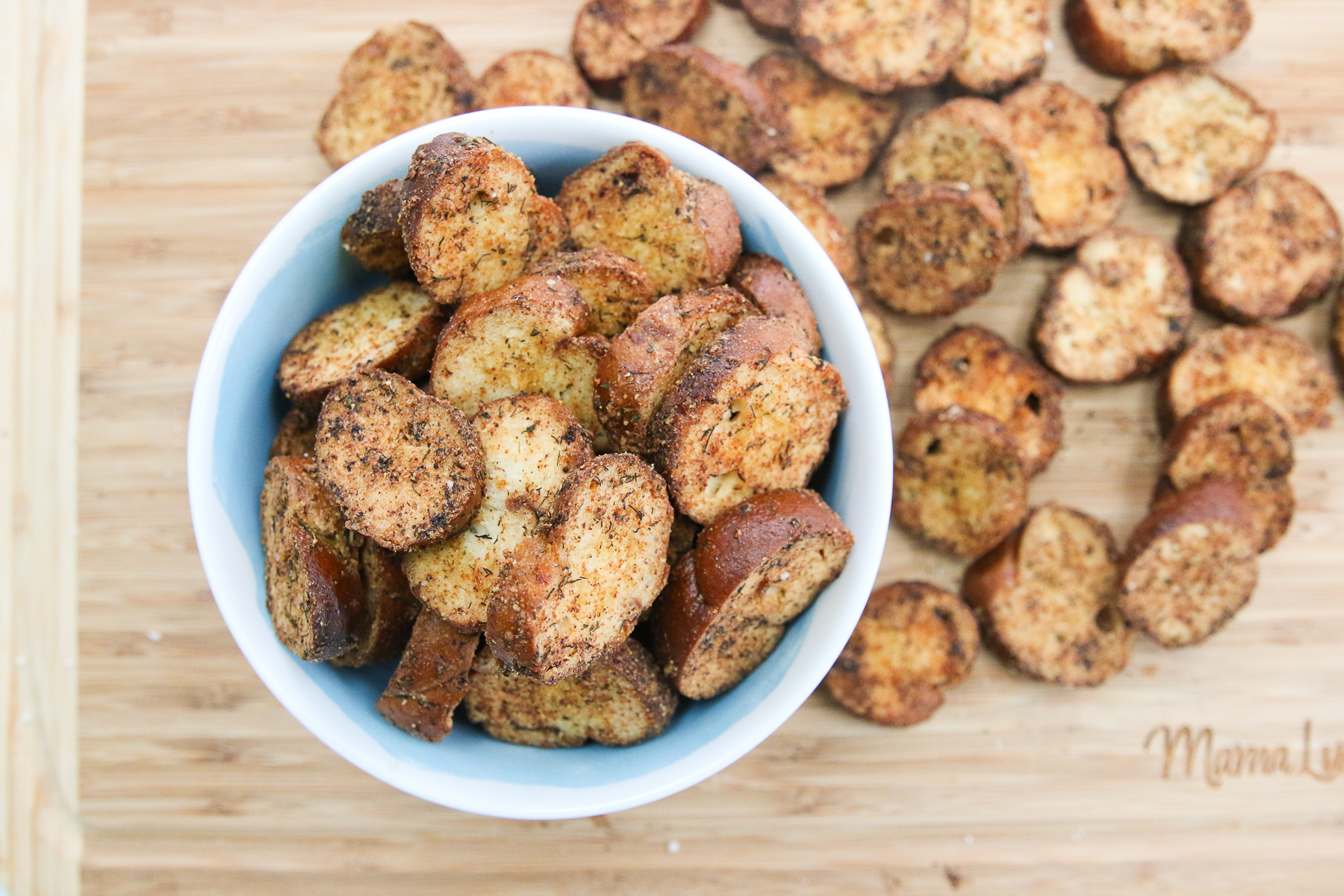Compost At Home On An Urban Homestead
Do you know how to compost at home? This family has really stepped it up a notch and uses four different compost systems to help reduce waste on their urban homestead. Read on for more about their inspiring journey into composting at home.
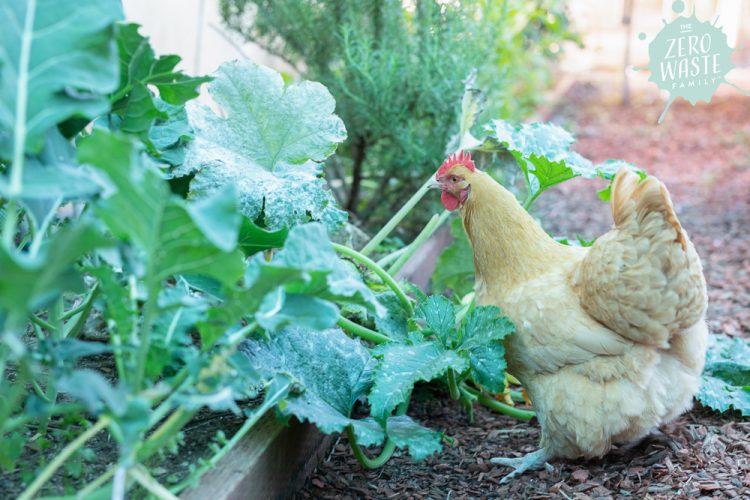
The Compost Chronicles series highlights families in various circumstances who have all found a way to compost at home that works for their lifestyle. Hopefully, you can be inspired to give it a go and help our planet become a little healthier.
Did you know that composting can transform your trash into new life? And that new life, in the form of microbes, fungi, earthworms, and more, provides the foundation for much of all other healthy life on Earth?
Composting is a great way to create healthy soil to support people and our planet. Healthy soil is also a magical carbon sink that absorbs carbon from our atmosphere and helps cool the planet. While dead dirt has few living organisms, a teaspoon of healthy soil has more living organisms in it than the entire population of humans on Planet Earth!
We need everyone to learn how to compost at home and make it a part of everyday life.
Don’t think you can compost? We’ve got a whole set of resources on Everything To Know About How To Compost At Home, including more Compost Chronicles interviews. All of this information about how to compost at home will hopefully prove that just about anyone can make space and find a system to turn their food scraps into nutrient-rich compost to enrich our soil, feed our food cycle, and limit the food waste that ends up in landfills.
Today, I’m sharing with you the composting story of the Zero Waste Family. Residing in San Diego, California, they use four different composting systems on their urban homestead to live a zero waste lifestyle with their three children. Read on for more about how they compost at home, and be inspired to try one of their methods for yourself!
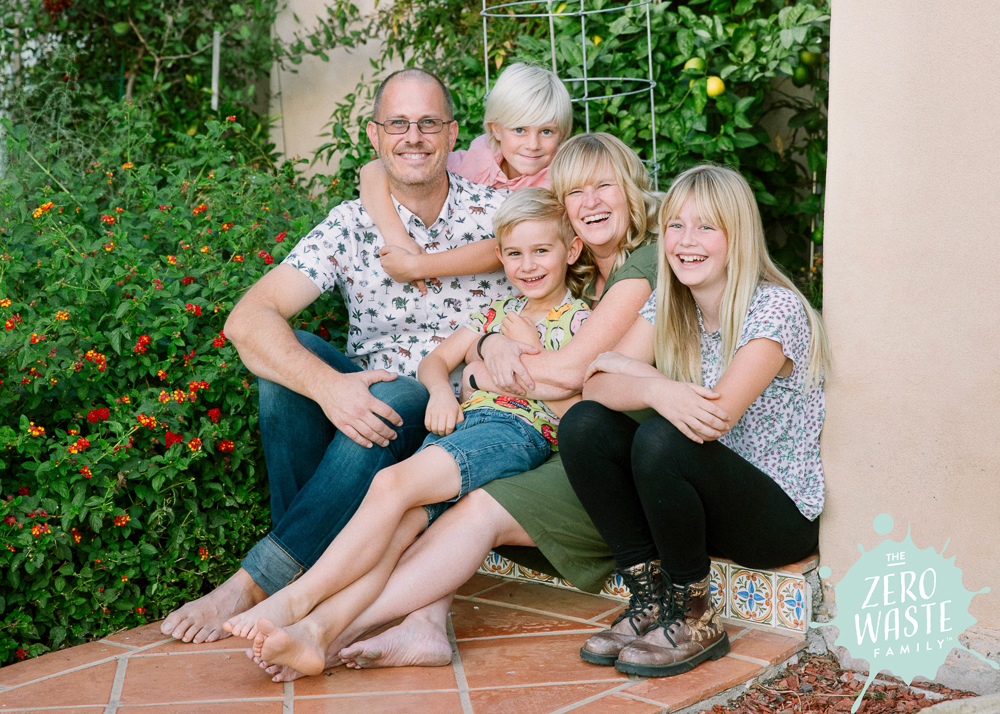
Can you tell us a bit about yourself, where you live, your family, etc…?
We’re a family of five living zero-waste, plant-based, & mindfully minimal so that both our kids and planet can enjoy a beautiful, thriving future. We live in San Diego, just 10 minutes from downtown on a standard city lot (7500 sq ft lot).
Our concern for our planet got us learning about how our modern farming systems were depleting the nutrition in food while depleting and often poisoning our soils. This led us to buy organic and then local at farmers’ markets. Ultimately, this led us to start growing our own food.
We started small, and over time we started growing in the back of our house, our front yard, and even the side of our house. Now we have over 440 sq ft of growing boxes.
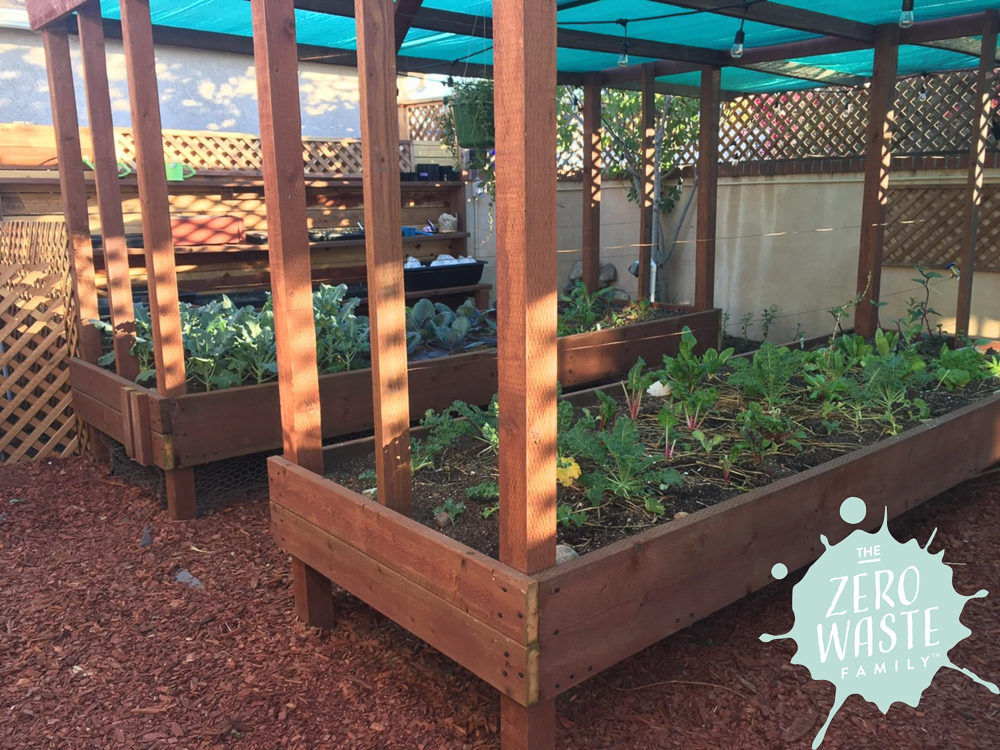
Tell us a little bit about why you decided to start composting?
We realized a large portion of our trash was from food related containers. But what really got us thinking was when we noticed that ~20% of our trash was food scraps (we cook a lot at home as a family of 5).
Like many people, we thought food decomposed in landfills. When we learned that it doesn’t decompose but rather it turns into methane gas (a huge contributor to global warming), we seriously looked at composting.
Healthy soil is the key to growing vibrant healthy food and compost is the key to healthy soil! So the more we were growing food, the more natural it was for us to compost.
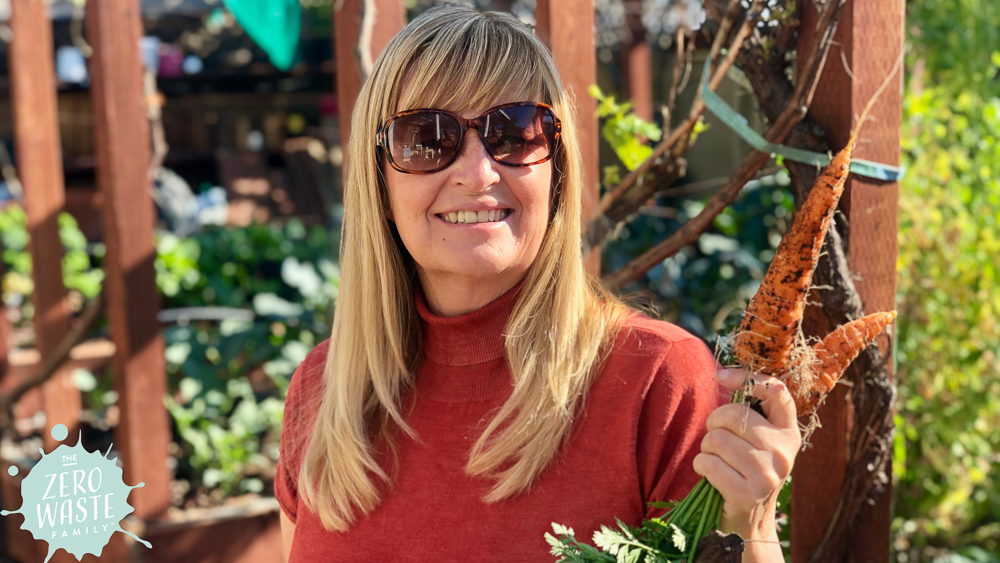
What method or methods of composting do you use or have you used?
We have four composting systems. We practice Bokashi composting, worm composting, garden compost, and chickens to use up all of our food scraps and eventually return those nutrients to the soil.
Bokashi Composting
I always recommend this to friends that are new to composting. You can compost almost anything, and it is much quicker than other types of composting. I even take in food scraps from a couple of neighbors for composting.
Worm Composting
Worm composting is my favorite type of composting because it creates such rich high-quality compost. Every time we plant in our garden, we put a handful of worm castings in each hole. However, I often don’t recommend this to those new to composting because there are many food restrictions for worms.
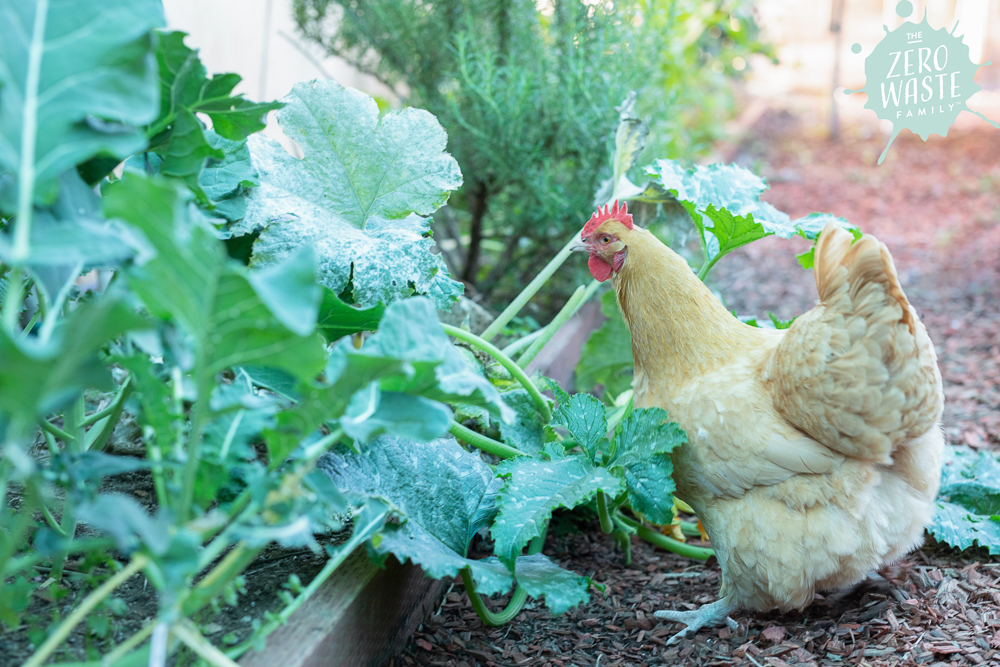
Chicken Feed
Many of our food scraps go to our chickens which, in turn, produce chicken poop (that we add to our garden compost). The garden compost pile turns into finished compost to help us grow food, which eventually creates more food scraps. Chickens are such a great way to complete the cycle of nutrients through the soil and our food.
The chickens also give us eggs. We sanitize the eggshells and grind them into calcium powder for our tomatoes. We grow and preserve a lot of tomatoes because we eat a ton of tomatoes, tomato sauce, ketchup, tomato bases for soups, etc.
Garden Composting
Food scraps and most plants we pull from our garden get thrown to the chickens. Anything leftover goes into our garden compost, along with bedding (pine shavings), chicken poop, grass clippings (from neighbors), and leaves. About once a year we mix that compost into our garden beds.
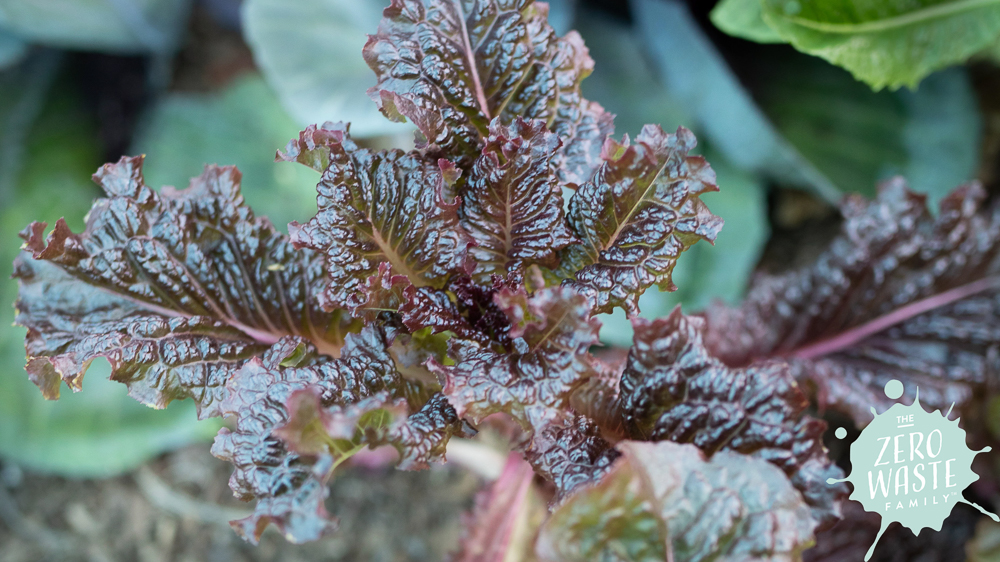
Have you tried any methods that didn’t work for you?
I never had success with commercial ‘worm hotels’. I found a very straightforward DIY two bucket system that works great for us.
I also tried hot composting but didn’t consistently get the right balance of greens and browns. I never developed the confidence that I was doing it right, and didn’t know how to troubleshoot it if the heat felt low.
How do you store the scraps until they are taken to your compost pile?
We store scraps in a bucket. Each day, we give them to the chickens or worms. They don’t smell because we take it out of the house every 24 hours.
Have you had any issues with animals or pests getting into your compost pile?
We do sometimes have rats in our chicken run at night. But we had rats in the neighborhood before we had chickens, so we haven’t felt the need to control or kill them. They haven’t caused any issues.
Do you have any special tools, containers, or products that help make composting easier or more accessible for you?
I like these stainless steel countertop compost containers. They reduce smell and reduce flies.
Do you have any other supplies that you store until you need to add them to your compost pile?
Not really. We actually add grass clippings and leaves directly to our garden boxes without waiting for them to compost in a compost system. They act as a mulch to hold moisture in the soil (especially during the San Diego hot summer) and feed the soil.
How does your family feel about composting?
Our whole family participates in composting. Our middle son is responsible for taking food scraps to the chickens each morning. My youngest is fascinated by the works. My daughter is interested in hydroponics and starting to research it.
Have you experienced any benefits from composting, especially ones that might have surprised you?
The biggest surprise for me was how fast Bokashi composting works. I highlight it in my video but it amazed me that when Bokashi composted food when into the soil it still clearly looked like food. 3 weeks later is was completely composted.
Anything else you’d like to share with readers about your composting practices, especially to help beginners gain confidence that they too can compost?
We have created a well-received YouTube video on Bokashi Composting. We think this is a great type of composting to try for beginner composters.
Where else can we find you and learn more about what you’re up to?
Check us out at ZeroWasteFamily.com.

